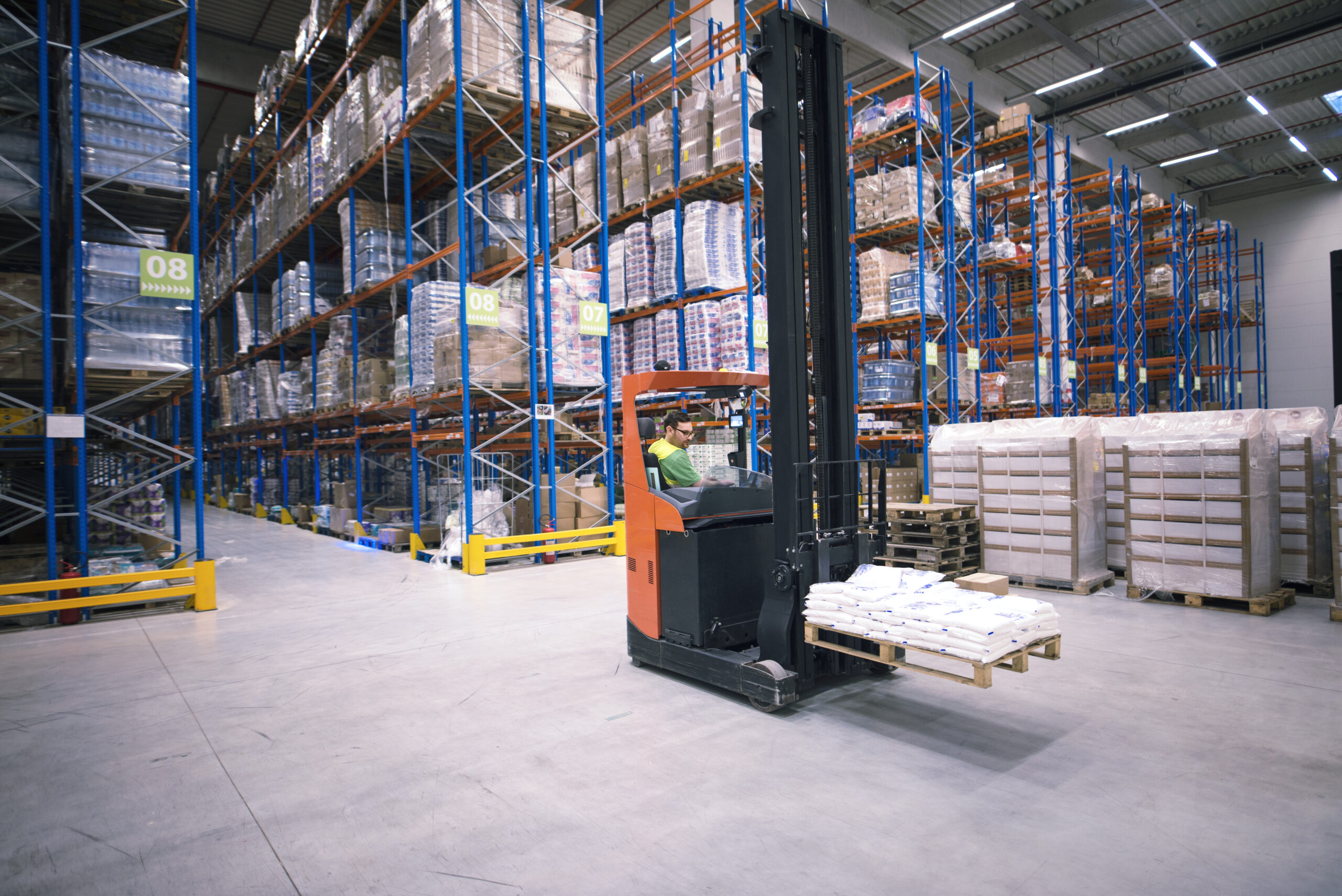The rise of e-commerce has changed the way we shop, transforming retail landscapes and creating booming online stores. But behind the scenes, this digital revolution is causing a stir in a different industry: material handling.
With warehouses and distribution centers facing the pressure of processing more orders faster, the demand for efficient and automated solutions is skyrocketing, and with it the need for material handling talent. In fact, there are over 20,000 material handling equipment job openings posted as of February 2024, suggesting a significant need for labor in this industry.
From Clicks to Chaos: The E-commerce Challenge
Imagine millions of orders flowing in daily, each requiring picking, packing, and shipping – that’s the reality for many fulfillment centers today. E-commerce’s exponential growth has stretched traditional warehouses to their limits. Manual processes simply can’t keep up with the pace, leading to:
-
Increased order fulfillment times: Frustrated customers waiting for their packages.
-
Higher operating costs: More labor required to process the sheer volume of orders.
-
Inefficient space utilization: Warehouses struggling to store diverse and ever-changing inventory.
Material Handling to the Rescue: Automating the E-commerce Flow
To tackle these challenges, the material handling industry is stepping up its game. Innovative solutions are transforming warehouses into well-oiled machines, optimizing every step of the order fulfillment process, and requiring skilled labor to make it happen:
-
Automated Storage and Retrieval Systems (ASRS): Robots or shuttles zip around towering storage units, retrieving items efficiently and reducing reliance on manual labor.
-
Conveyor belts and sortation systems: Products move seamlessly through the warehouse, speeding up order fulfillment and reducing bottlenecks.
-
Picking and packing robots: These intelligent machines handle repetitive tasks like picking items and packing orders, freeing up human workers for complex tasks.
-
Warehouse management software (WMS): AI-powered software optimizes inventory management, space utilization, and order routing, boosting efficiency and accuracy.
Benefits Beyond the Bottom Line
These advancements not only address e-commerce’s demands but also offer broader benefits:
-
Improved employee safety: By automating dangerous tasks, companies can create a safer work environment for their employees.
-
Enhanced customer satisfaction: Faster order fulfillment leads to happier customers, boosting brand loyalty and repeat business.
-
Sustainable practices: Automated systems can optimize energy consumption and reduce waste, contributing to a greener future.
Bridging the Talent Gap
As the material handling industry accelerates its adoption of advanced technologies to meet the burgeoning demands of e-commerce, the need for skilled professionals to design, implement, and manage these systems is more critical than ever.
This is where the expertise of material handling recruiters becomes invaluable.
By partnering with a material handling recruiter, companies can:
-
Access a Wider Talent Pool: Recruiters have networks of pre-vetted candidates, including those passive job seekers who are open to opportunities but not actively searching.
-
Speed Up Hiring Processes: Recruiters can streamline the recruitment process, helping to fill vacancies faster and reduce downtime.
-
Ensure Cultural and Skill Fit: They can match candidates not just based on technical abilities but also their fit within the company culture, aiding in long-term retention.
How can we help you?
If you are exploring new career opportunities or seeking to attract top talent, we can be your partner. Contact us here to learn more.



